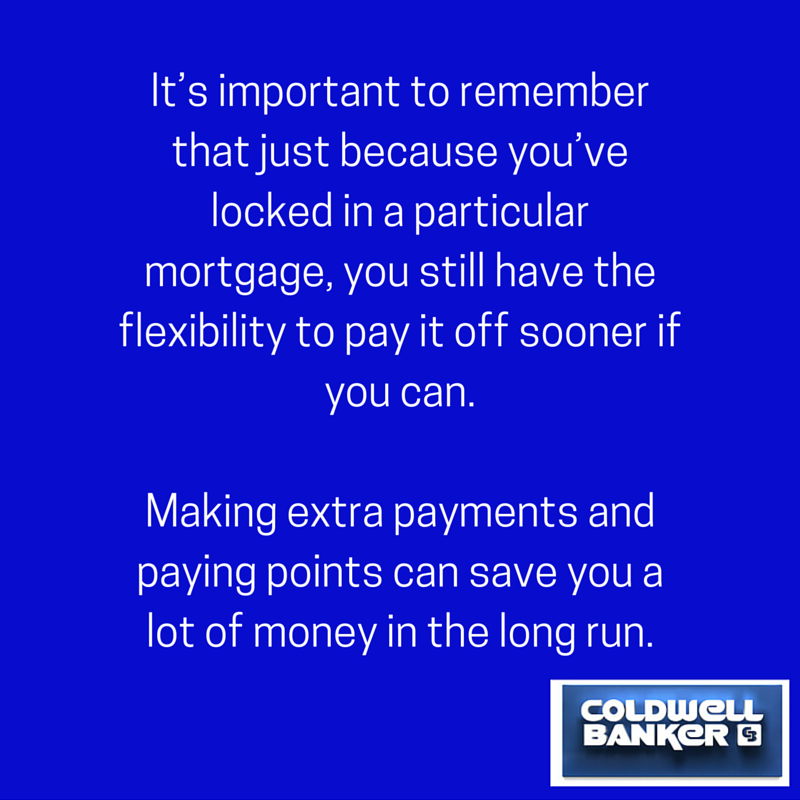Choosing the right mortgage can be challenging, but it’s really only the first of many hurdles on your trajectory to owning your home. Once you’ve locked your mortgage in, you then have to decide how to pay it off in the most efficient manner – without spreading yourself too thin. Here are some things to consider and best practices to follow.
Points: To Pay or Not to Pay?
When comparing interest rates from different lenders, don’t forget about points. These upfront payments are a percentage of the mortgage principal — one point is 1% ($2,000 on a $200,000 loan) — and are a way to reduce interest rates over the entire life of the loan.
“You’re prepaying interest,” said Greg McBride, chief financial analyst for Bankrate.com. “And, the longer you can stay in a home, the more sense it makes.”
Paying one point will usually lower your interest rate an eighth to three-eighths of a percentage point, according to Keith Gumbinger of HSH.com, a mortgage information provider. Instead of a 4% rate, for example, buyers get 3.875% to 3.625% loans. That saves about $15 a month at 3.875% and $44 at 3.75% on $200,000 in principal. At $15 a month, it takes about 11 years to offset the upfront cost. At $44 a month, it takes less than four years, so borrowers should make sure they shop for the best deal for the points they pay.
Only pay points if you have excess cash, advises McBride. Otherwise stash the money in an emergency fund.
But if you are confident that you already have enough savings for a rainy day, and you plan to spend a long time living in the home, pay the points, said Gumbinger. “It saves you money over the long haul.”
Making Extra Payments
Borrowers always retain the option of making extra payments any time over the term of the loan. For that reason, some borrowers may opt for a 30-year mortgage even when they think they can afford a 15-year. They can make extra payments as an occasional or one-time event, or on a regular basis, but when money is tight, they can suspend them.
Making extra payments can shorten a mortgage term dramatically and save tens of thousands of dollars in interest. On a $200,000 loan at 3.65%, adding a $1,000 payment once a year can lop four years off your payments, saving nearly $20,000. When interest rates are higher, the impact is even greater.
McBride cautions, however, to only pay out surplus cash. Once it’s sent to the mortgage lender, it’s hard to access that money again.

It’s important to remember that just because you’ve locked in a particular mortgage, you still have the flexibility to pay it off sooner if you can. Making extra payments and paying points can save you a lot of money in the long run.






